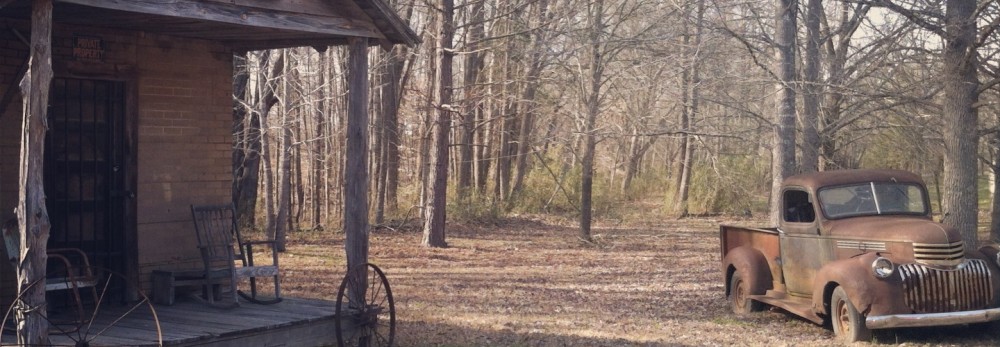Tag Archives: Jimi Hendrix
THE RELATIVES: The Electric Word
THE RELATIVES The Electric Word (Yep Roc Records)
Psychedelic Gospel? YES PLEASE!
Founded in Dallas, Texas in 1970 by two brothers, Rev. Gean and Rev. Tommie West, The Relatives have been playing their special brand of Funky-Gospel for over 40 years. The band enjoyed some local success the 1970’s, releasing three singles and sharing the stage with some of the biggest names in Gospel and Soul as well as headlined their own shows. Then in 1980 after a decade of playing gigs of all shapes and sizes the band members called it quits to focus on other parts of their lives. Fortunately for us in 2009 the good people at Heavy Light Records re-released the band’s singles on the compilation Don’t Let Me Fall. The album received very positive feedback and inspired the band to start performing live again. Word soon got out about the band’s amazing live show and the group was booked into many of the top roots music festivals in America. Now after a successful return to the stage that’s brought the band many new fans they’ve decided it’s time to head back to the recording studio and give the people a new studio record called, The Electric Word.
After listening to The Electric Word (Yep Roc) you probably wouldn’t be able to tell that this is The Relatives’ first release of new music in almost 40 years. Produced and recorded by fellow Texan Jim Eno of the band Spoon, the band sounds just as powerful and soulful as ever. As you’d expect, the bands vocal harmonies are spot on but what really sticks out about this recording is the power of the band! On the tune Let Your Light Shine the bass and guitar are LOUD and up in the mix giving the tune a real psychedelic rock vibe (think Sly Stone meets Band of Gypsies).
Along with psychedelic rock the band also serves up a healthy dose of FUNK. Things Are Changing and It’s Coming Up Again both have a great James Brown/O.V. Wright vibe and Speak To Me (What’s Wrong With America?) is a beautiful civil-rights balled that shows off the bands true vocal power. The band may not be re-inventing the wheel with it’s songwriting but that really doesn’t matter. This album’s purpose is to get you out to see the band on-stage where they really shine. Which is exactly what you should do if these guys pass through your town.
BUDDY GUY “WHEN I LEFT HOME”
Â
A few years ago while I was doing a blues gig in San Francisco and I got into a conversation with another musician about great Blues guitar players.  “It’s a shame there aren’t any great blues players left” he said.  “That’s not true” I replied, “B.B. is still around and of course you have Buddy Guy”.  The musician gave me a strange look and said “What?! Why do you like Buddy Guy?  I saw him once and he just played a bunch of Hendrix riffs”.  All I could do at that point was chuckle and reply, “Yeah, well where do you think Hendrix, got some of those ideas from?  Jimi was a student of the Blues and listened to all the blues records he could get his hands on. The guitar player on many of these records was Buddy Guy. ”
Buddy Guy’s guitar playing has inspired guitar players in every genre of music for over fifty years. Always an exciting live act, Buddy has taken his exciting brand of electric blues all all over the world. He’s shared the stage with blues legends like Muddy Waters and rockers like The Rolling Stones. He’s headlined countless festivals, performed on television and even performed for Presidents and royalty. That being said his impressive career isn’t limited just to the stage. During the 1960’s Buddy was an in-demand studio musician for Chess records and played lead guitar on many hits by the likes of Muddy Waters, Howlin’ Wolf, and Koko Taylor. In short, Buddy Guy has lived enough in his 76 years of life to count for three lifetimes.
In “When I Left Home” Buddy (with help from David Ritz) takes us from the farm he grew up on in Louisiana to the streets of Chicago.  A master storyteller, Buddy doesn’t hold back when talking about the ups and downs of life as a blues man. With a mother in need of extra medical attention after suffering a stroke, he left Louisiana for Chicago in search work that would able him to not only support himself but also send money back home to Louisiana. Already proficient on guitar from playing around clubs in Louisiana, Buddy worked himself into the Chicago scene with the help of some local blues fans and eventually with help from the great Muddy Waters. One would think that this would be the ending of our story, but this is only the beginning. Over the next several years Buddy works hard to establish himself as one of the premier Blues guitar players on the Chicago scene. Working as a tow-truck driver in the day, playing clubs and doing recording sessions at night he found himself working night and day to make his dream happen and take care of his family. “When I Left Home” is the no-nonsense story of George “Buddy” Guy, and like it’s author, this story is THE REAL DEAL.
Not familiar with the music of Buddy Guy? Here are some albums I think you might enjoy. There are also many single recordings featuring Buddy, more information on these recordings and the albums listed below can be found in the back of the book “When I Left Home”.
Artist/Album
BUDDY GUY ALBUMS
“Buddy’s Blues” (Best of his Chess recordings)
“A Man and The Blues”
“Buddy and The Junior’s” (Buddy Guy with Junior Wells and Junior Mance)
“Damn Right I Got The Blues”
“Sweet Tea”
“Blues Singer”
“Can’t Quit The Blues” (Box Set)
RECORDS FEATURING BUDDY GUY
JUNIOR WELLS “Hoodoo Man Blues”
MUDDY WATERS “Folk Singer”

